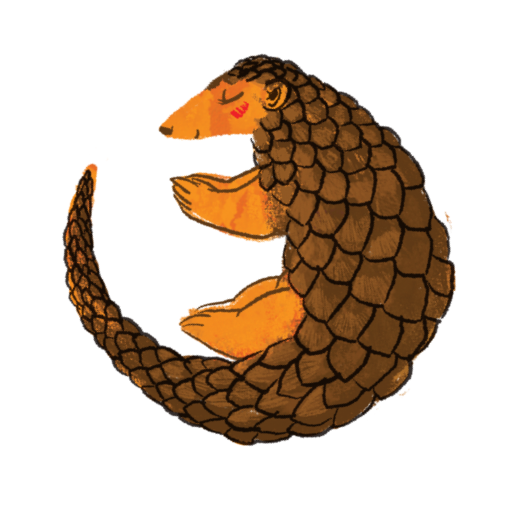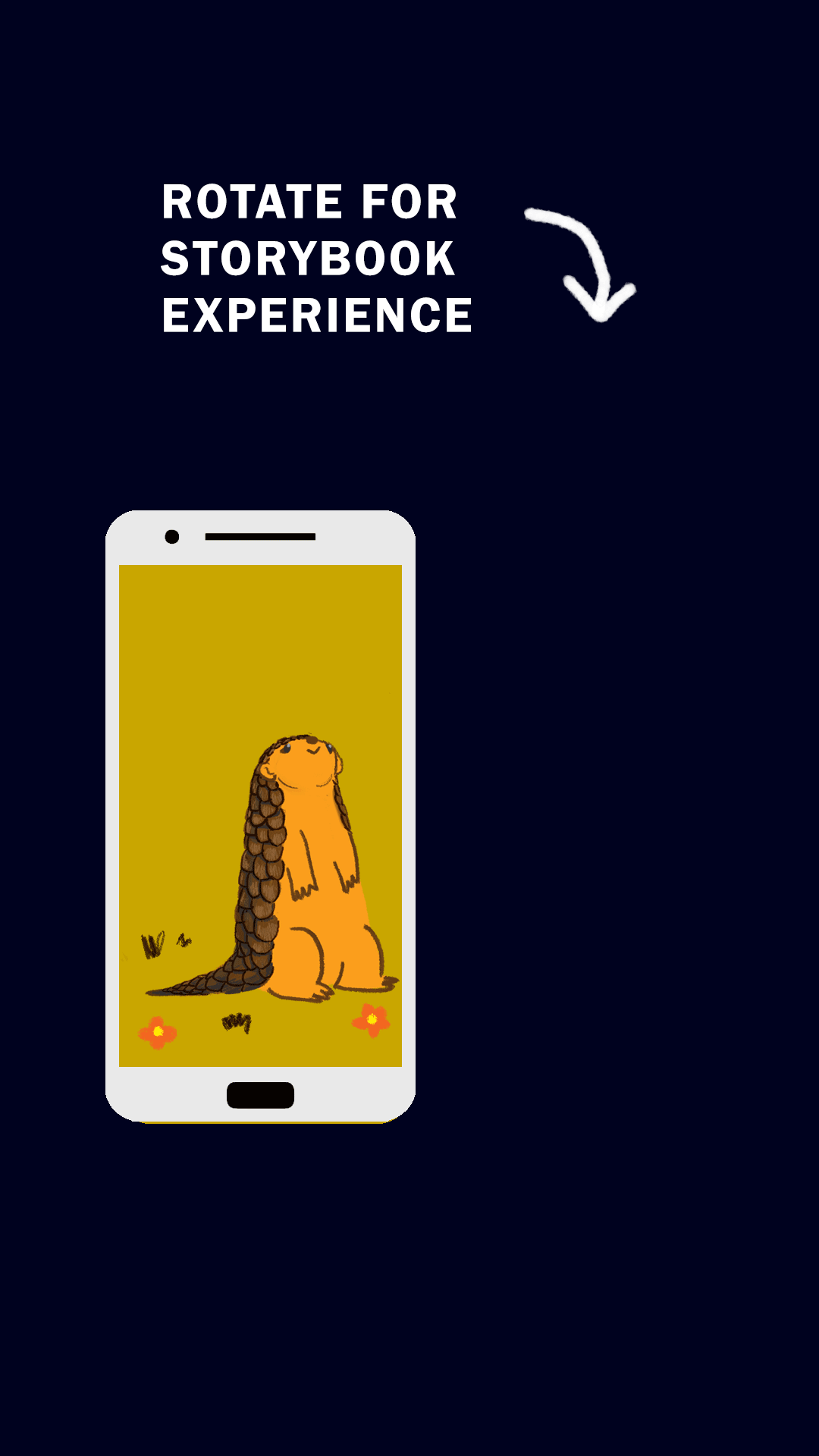


he people here have lost their d****!” says the boatman. “There was an arrest here recently for drug smuggling, and since then they can’t find their d****.” It finally dawns on us that d**** are a metaphor for courage. “Now when they want to take a piss, they look down and realise their d**** are lost.”
We are on a jetty in Tanjung Piandang, a small fishing village perched messily along a river mouth feeding into the Melaka straits. It is a swaying jumble of wood jetties and fishing boats. The air is heavy with a peculiar mix of salt, fish and diesel.
Three separate sources have mentioned this place as a hotspot for pangolin smuggling from Indonesia to Malaysia. With the work day already over for fishermen, the place felt almost deserted.
The gruff boatman before us, who was alone when we met him mending nets on one of the jetties, is berating us for wasting our time trying to talk to now-emasculated smugglers, but then boldly tells us that he himself once took part in a shipment.
He describes a trip on a rundown boat, with two other hired hands, motoring at top speed for an hour and a half towards Indonesia, where they met another boat in international waters and transferred ten boxes each containing eight pangolins. They sped back to Malaysia and landed at an unknown point, where they unloaded the cargo into a few waiting cars.
He was paid RM300 (US$72) for that trip, but swore never to do it again. “There were no spare parts or backup fuel on the boat. If we had run into rough weather or some accident, we would have died out in the sea.”
“There were no spare parts or backup fuel on the boat. If we had run into rough weather or some accident, we would have died out in the sea.” - Anonymous boatman
But for someone who took part in only one run, he seemed to know a lot about smuggling. “They don’t dock at any designated landing point,” he says. “They use walkie talkies or mobile phones to communicate with the buyer, who then gives instructions on safe places to land.”
“Sometimes, at a phone call we will have to turn and land as far away as Penang.”
“But you’re wasting your time! You’re too educated, so your mind is not thinking straight anymore. Who would want to tell you about these illegal activities? They might beat you up instead!”

The people here have lost their d****!” says the boatman. “There was an arrest here recently for drug smuggling, and since then they can’t find their d****.” It finally dawns on us that d**** are a metaphor for courage. “Now when they want to take a piss, they look down and realise their d**** are lost.”
We are on a jetty in Tanjung Piandang, a small fishing village perched messily along a river mouth feeding into the Melaka straits. It is a swaying jumble of wood jetties and fishing boats. The air is heavy with a peculiar mix of salt, fish and diesel.
Three separate sources have mentioned this place as a hotspot for pangolin smuggling from Indonesia to Malaysia. With the work day already over for fishermen, the place felt almost deserted.

The gruff boatman before us, who was alone when we met him mending nets on one of the jetties, is berating us for wasting our time trying to talk to now-emasculated smugglers, but then boldly tells us that he himself once took part in a shipment.
He describes a trip on a rundown boat, with two other hired hands, motoring at top speed for an hour and a half towards Indonesia, where they met another boat in international waters and transferred ten boxes each containing eight pangolins. They sped back to Malaysia and landed at an unknown point, where they unloaded the cargo into a few waiting cars.
He was paid RM300 (US$72) for that trip, but swore never to do it again. “There were no spare parts or backup fuel on the boat. If we had run into rough weather or some accident, we would have died out in the sea.”
But for someone who took part in only one run, he seemed to know a lot about smuggling. “They don’t dock at any designated landing point,” he says. “They use walkie talkies or mobile phones to communicate with the buyer, who then gives instructions on safe places to land.”
“Sometimes, at a phone call we will have to turn and land as far away as Penang.”
“But you’re wasting your time! You’re too educated, so your mind is not thinking straight anymore. Who would want to tell you about these illegal activities? They might beat you up instead!”